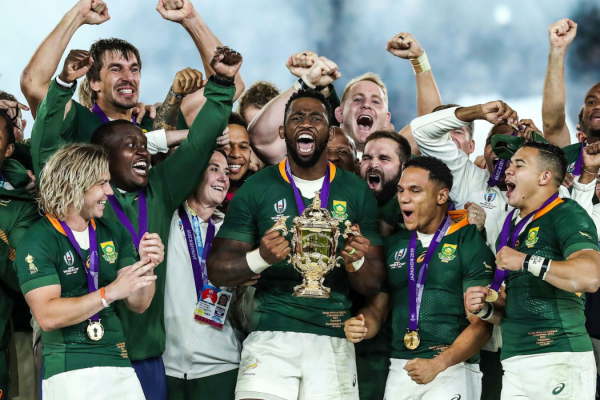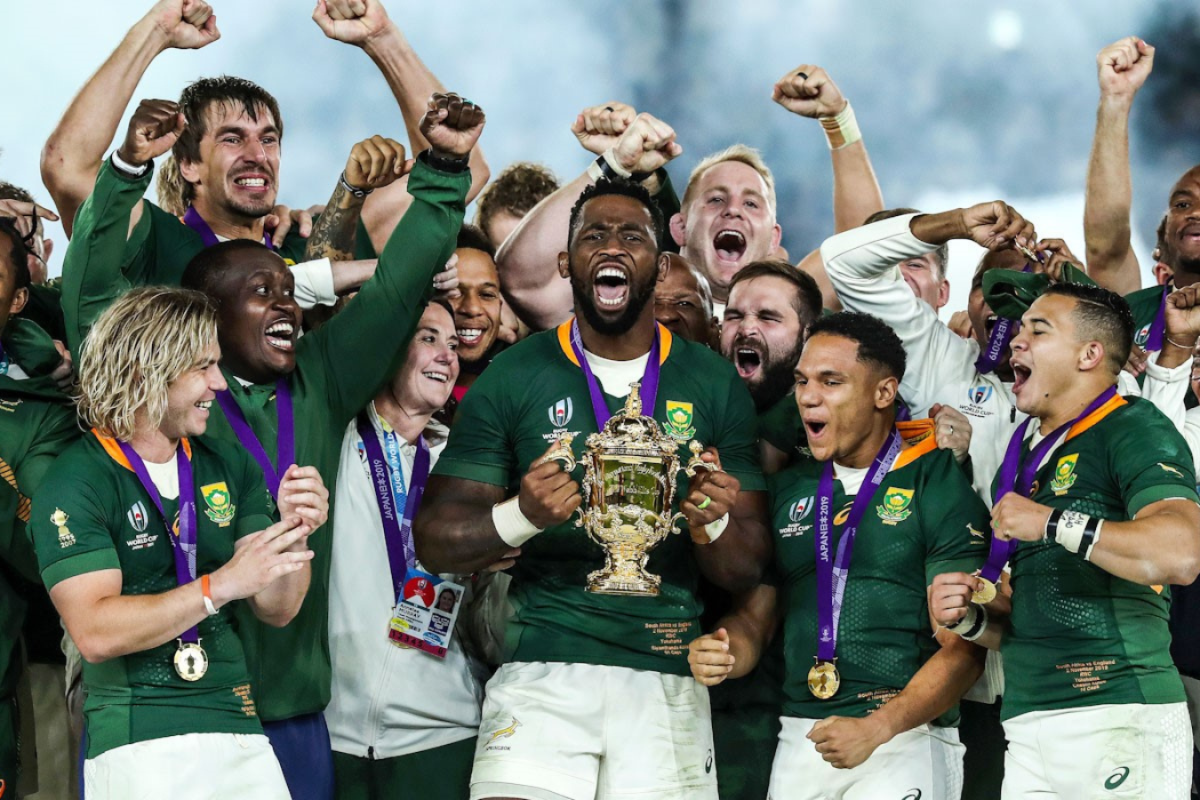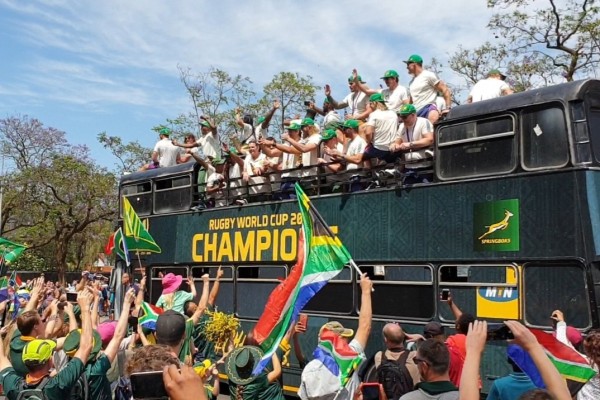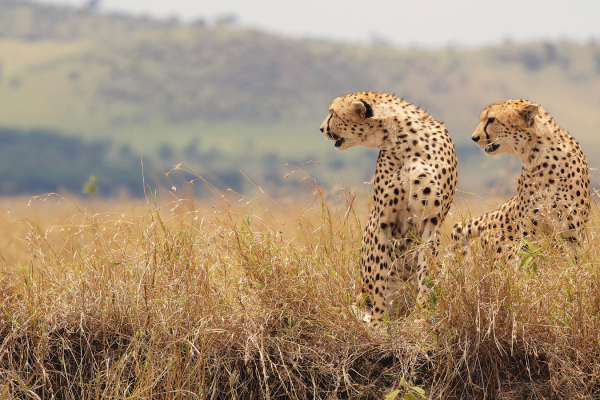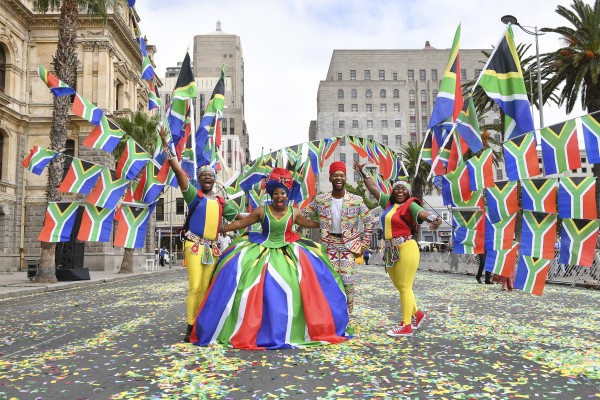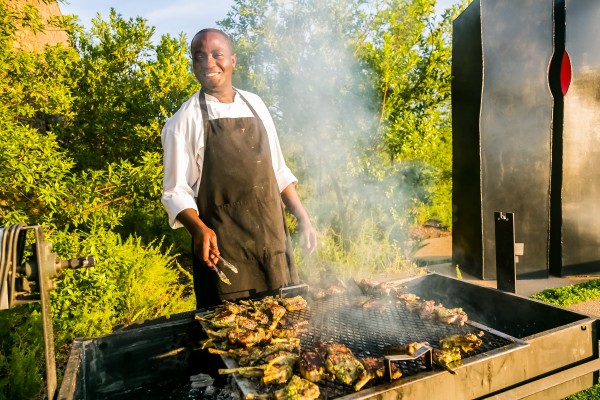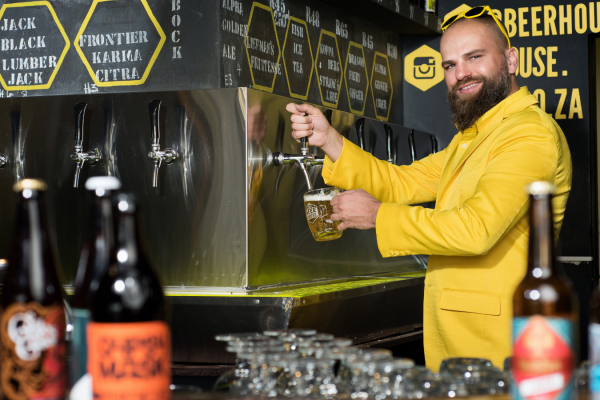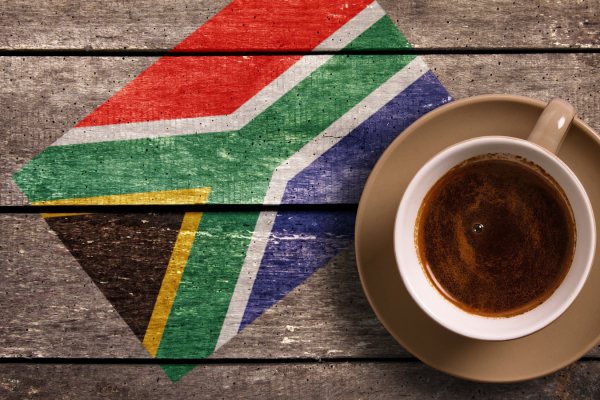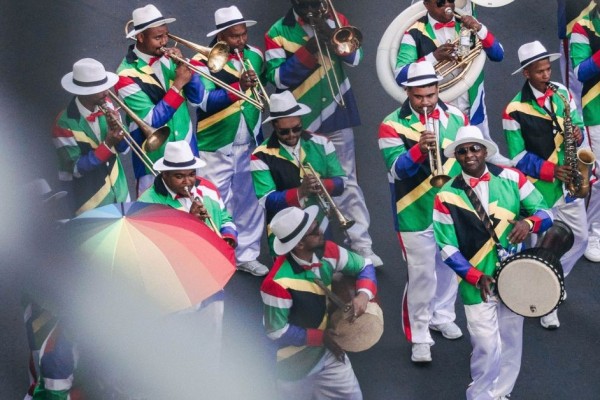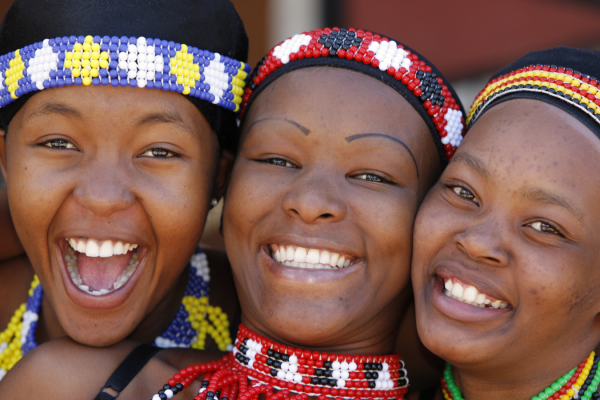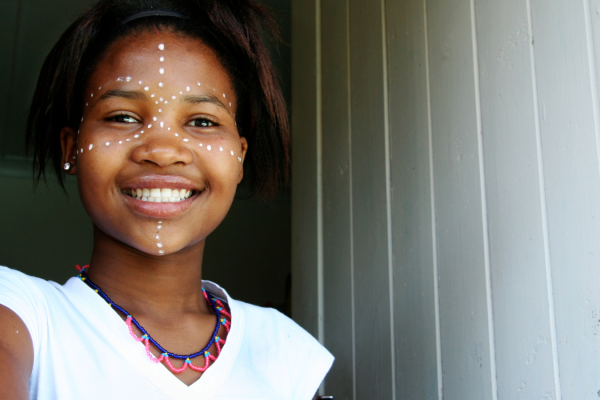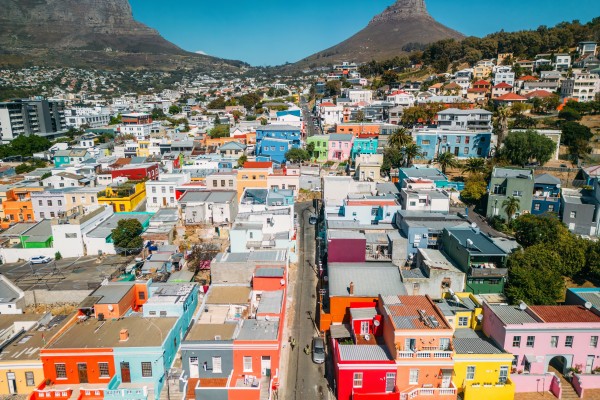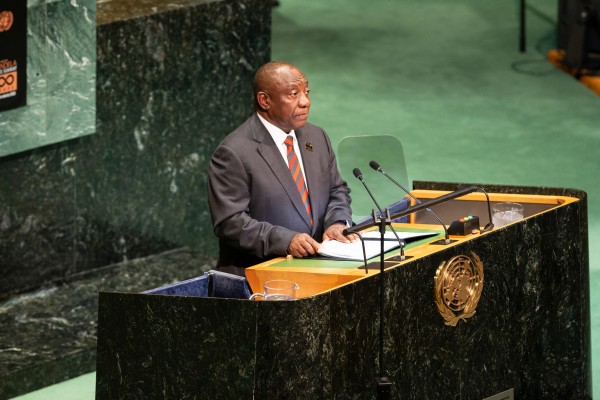Exploring South Africa’s sporting landscape

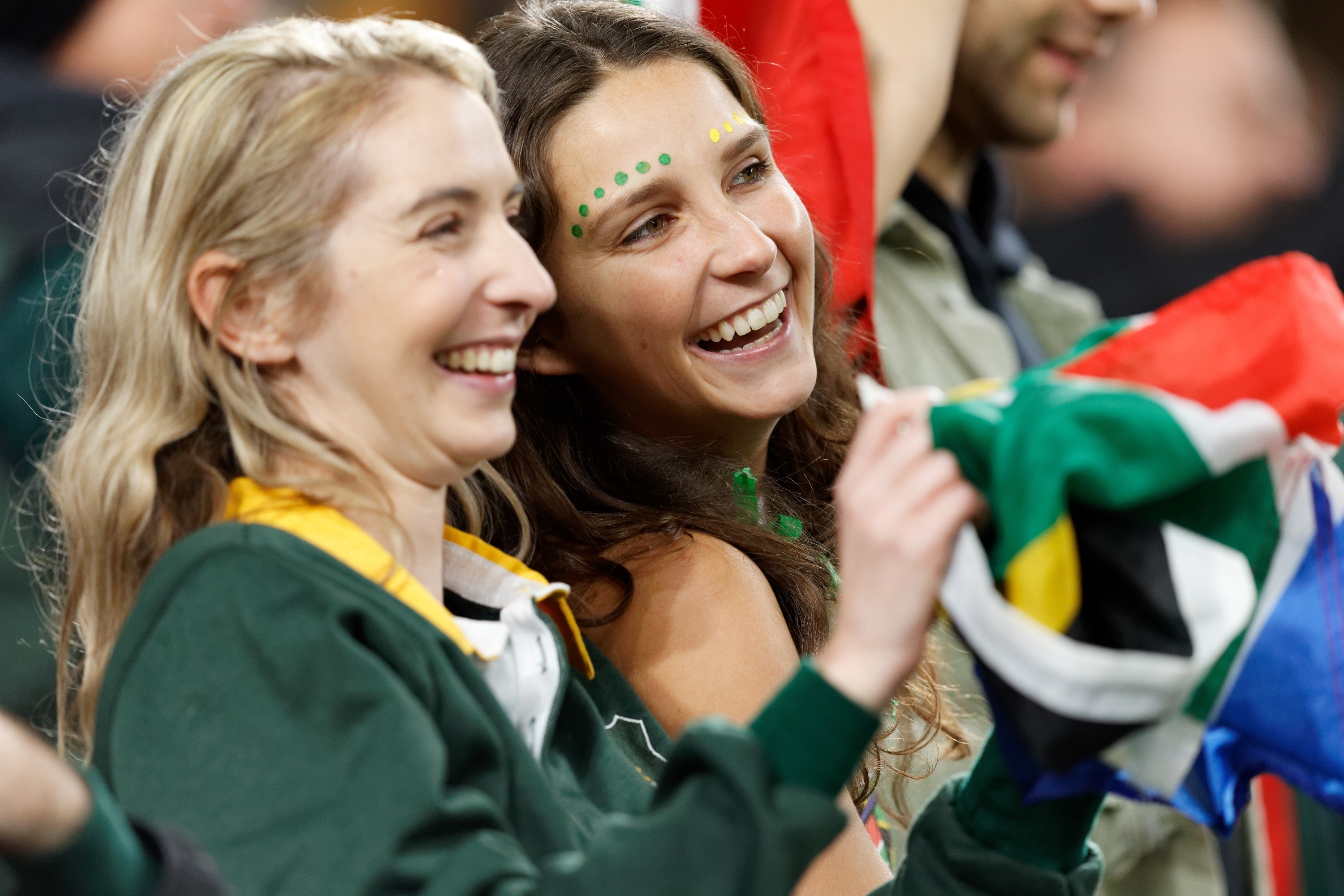
If you're planning a move to South Africa or are going to spend some time there, a perfect way to feel the pulse of the nation is via its vibrant culture of sport.
South Africans are unusually sports-obsessed by global standards—thanks to abundant sunny weather, plenty of open space, and a widespread love of physical exercise. Locals are also very emotionally invested in their big national sports teams: if their heroes triumph, the nation is elated. If they get clobbered instead, a brief but palpable funk descends on the southern end of Africa.
This guide will introduce you to South Africa's sporting culture and the country’s most popular sports, explain how to get involved, and help you find clubs, leagues, and community activities.
Playing for the people—nation building and sport
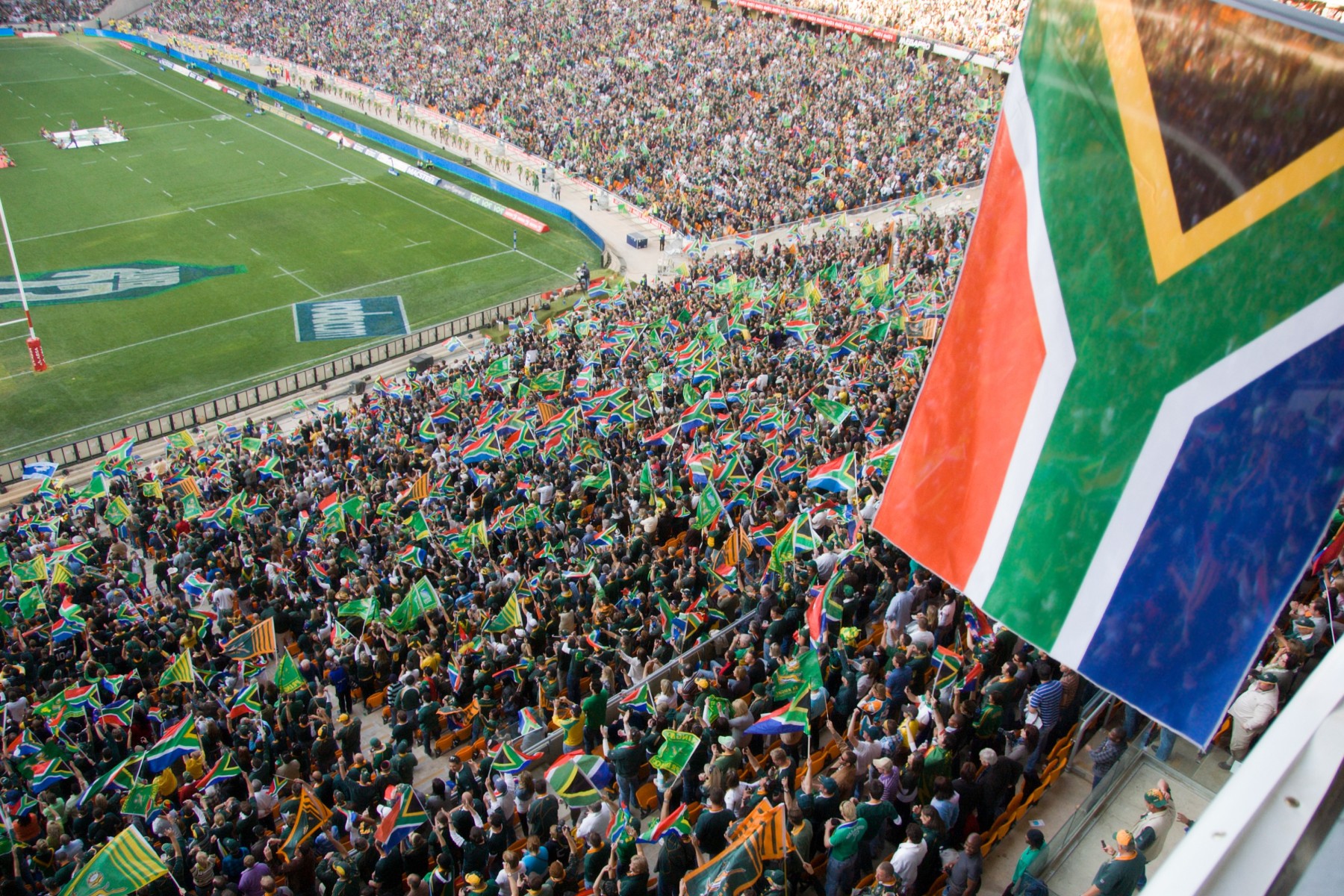
During the early years of democracy, South African sports teams served as powerful symbols of multiracial unity and played a significant role in the rebirth of the nation—not least by winning the 1995 Rugby World Cup and claiming Olympic golds in 1992 and 1996. To this day, the country’s sporting icons still provide a beacon of excellence, teamwork and commitment.
South Africa’s Springboks are the mightiest side in world rugby—they are the reigning, back-to-back world champions, boasting an unequalled total of four World Cup titles.
South Africa also ranks among the world’s strongest nations in cricket, swimming, mixed martial arts, netball, hockey and rowing. The country also adores football and hosted the FIFA World Cup in 2010, another nation-building milestone.
Space to run—a country made for sport
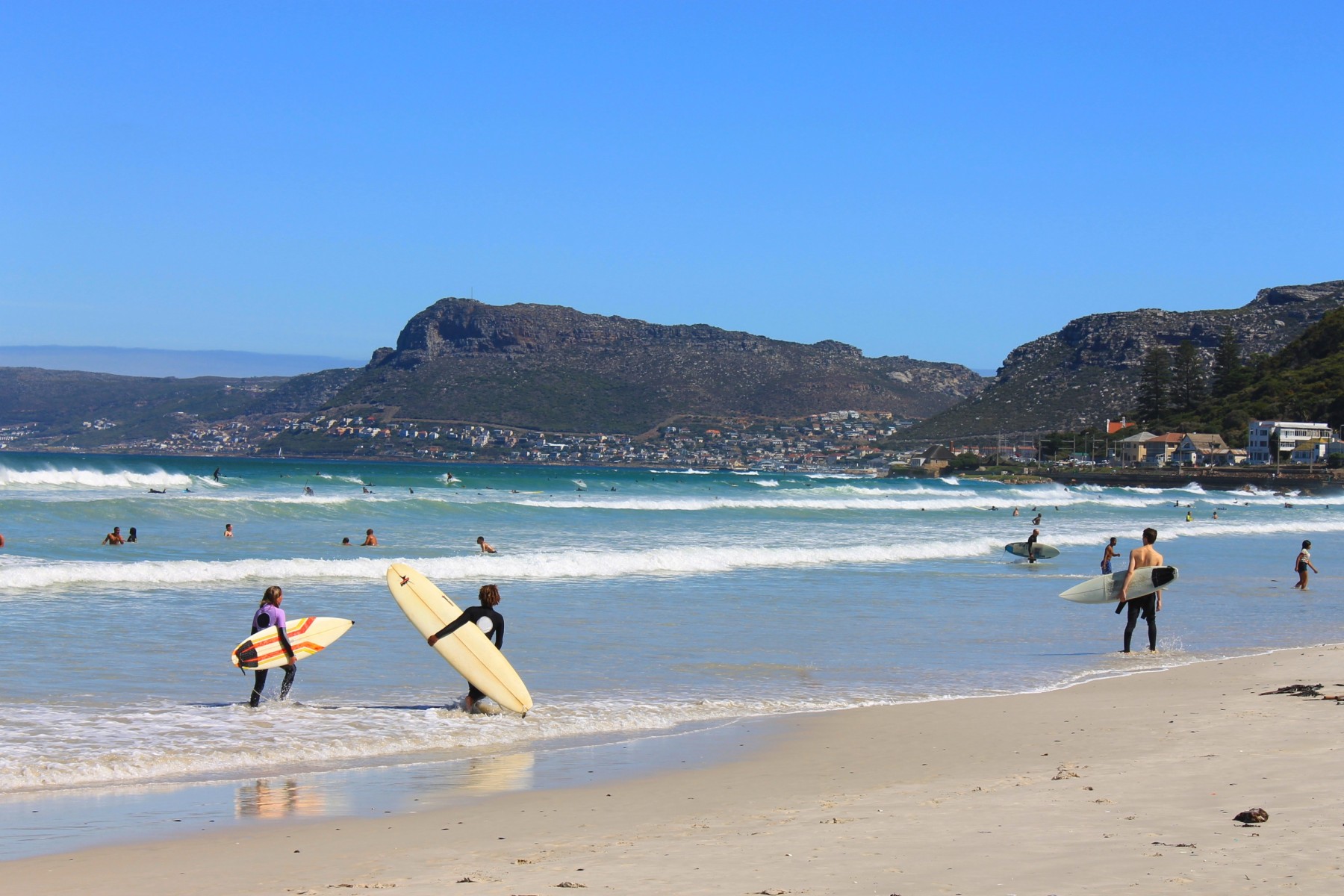 For newcomers with a wild streak, a paradise of adventure sports awaits in South Africa. Our richly diverse landscapes and coastlines offer everything from scuba diving and surfing to mountain biking and kayaking, from paragliding and bungee jumping to river rafting and rock climbing.
For newcomers with a wild streak, a paradise of adventure sports awaits in South Africa. Our richly diverse landscapes and coastlines offer everything from scuba diving and surfing to mountain biking and kayaking, from paragliding and bungee jumping to river rafting and rock climbing.
But if you prefer a more leisurely day out, a fantastic range of golf courses dots the country, while city-dwelling devotees of tennis, padel, and squash will never be far from a good court.
Sport is a vital space for social life in South Africa—for finding new friends and keeping in touch with old ones. It’s also a big part of the school experience, with most schools offering some form of structured, competitive sport—often competing in interschool leagues, as part of the weekly routine. Through sports, kids who are less academically inclined but more physically adept get a precious chance to shine. All kids who participate in sports learn about teamwork, discipline, self-development and mutual respect.
Rugby—South Africa’s superpower
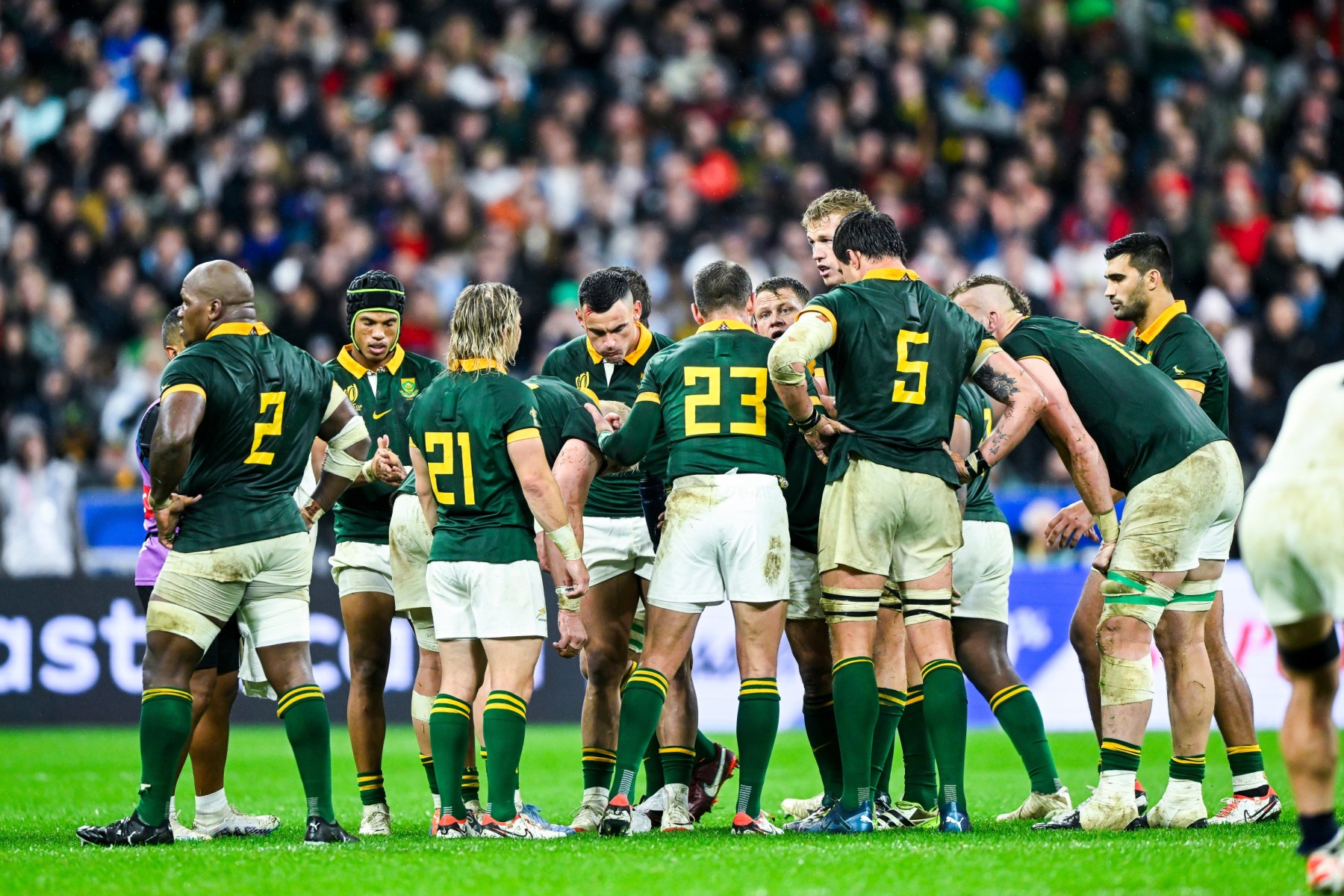
Many South Africans are obessessed with rugby, and the pride of the sporting nation is its excellent rugby team, the Springboks. The sport is also passionately played across the racial spectrum.
Only about 10 other countries play rugby seriously—and if you don’t hail from any of those, it may need some explaining. Suffice to say that rugby is a bit like American football, minus the protective padding and helmets. The bigger players are generally the forwards, who compete for the ball in bruising, 16-man physical showdowns called scrums. The ball can be kicked forward, but it can only be thrown sideways or backward. Tackles near the neck or head are banned, but even so, newcomers tend to be amazed that anyone survives a rugby match unscathed.
One of the great things about rugby is that it has a place for almost all body types, from short and hefty to tall and lanky. But it’s not for the fainthearted. It’s also technically demanding, and it can be dangerous if you haven’t built up the required strength.
Adults and kids who are intrigued by rugby should test the waters with touch rugby—a fun, fast version without the rough tackling. There are various touch rugby leagues in most major cities, but you can easily set up an informal social game with friends or join one.
Many junior and high schools offer rugby coaching and leagues, while experienced players can join an amateur club. Some of the more famous amateur clubs include:
- Pirates Rugby Club (Johannesburg)
- Hamiltons Rugby Club (Cape Town)
- Durban Collegians RFC
Even if you don’t play, attending either a live Springbok Test match or a URC game (an international club league featuring South African and European teams) is a thrilling experience. Few sports on earth provide more spectacular action than rugby.
Cricket—the rabbit hole game
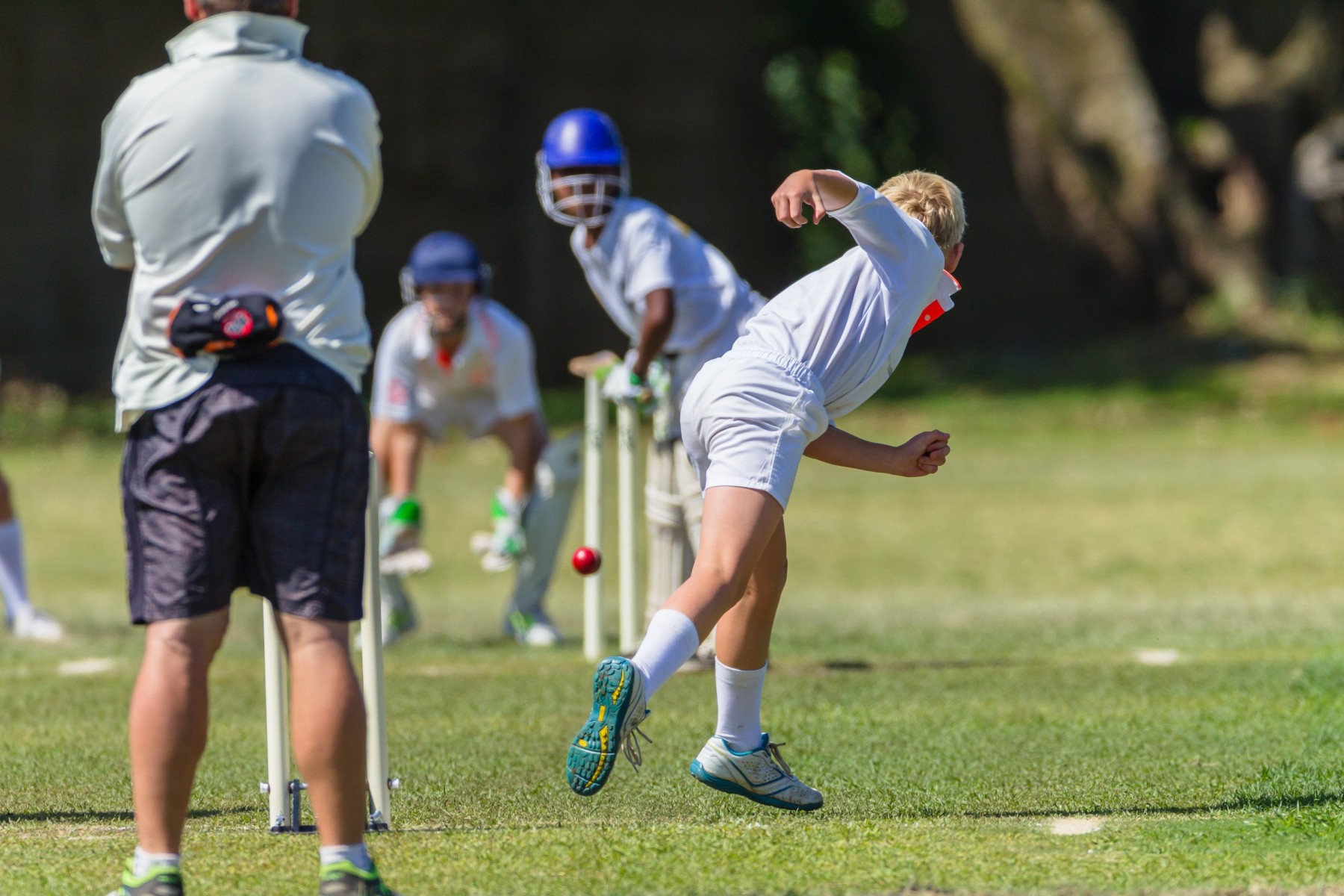
Cricket is another much-loved sport in South Africa, played both recreationally and professionally. The national team, the Proteas, consistently rank among the top five teams in the world.
There are three different forms of the game:
- Test cricket—in which a match can go on for five full days.
- 50-over cricket—whose matches last about seven hours.
- T20 cricket is the most spectacular and accessible version at about 3 hours per match.
The rules, tactics and techniques are all complex. If you find yourself getting interested in cricket, beware—you could go down a rabbit hole and devote years of your life to thinking about the game!
Formal club cricket is for experienced players, but for beginners, a good bet is simply to get hold of a bat, a tennis ball and a wicket (the three little poles planted behind the batter that the bowler tries to hit), head down to the nearest beach or busy park, and give it a bash. Soon enough, some locals will join your game and show you the ropes.
Many schools offer cricket, and it’s a fantastic activity for kids to exercise, build physical coordination and make friends. It’s also a game that rewards and develops a range of attributes, including:
- patience;
- concentration;
- strategic thinking;
- and decision-making under pressure.
For newcomers, a great way to get a taste of the sport is to attend a local T20 game—the local league is called the SA20, and its teams attract top global talent. It’s fun and spectacular—but it only runs for a couple of months in the summer.
Test cricket usually draws smaller crowds. If you prefer watching rather than playing, catching a match at The Wanderers (Johannesburg), Newlands Cricket Ground (Cape Town), and Kingsmead (Durban) is a fantastic experience.
Soccer—the grassroots sport

While rugby and cricket dominate the headlines, football (or soccer) is the most widely played sport across South Africa. Known popularly as diski or ibhola in township slang, it is played passionately in schools, township fields, and professional stadiums.
The local game has a strong emphasis on flair and self-expression, and the stadium culture is vibrantly unique, with superfans often wearing comical hand-decorated hats and giant spectacles and blowing cacophonous plastic bugles called vuvuzelas.
The Premier Soccer League (PSL) is South Africa’s top league, featuring legendary teams such as Kaizer Chiefs, Orlando Pirates, and Mamelodi Sundowns. The national team, Bafana Bafana, won the 1996 Africa Cup of Nations at its first attempt after being readmitted into international competition — a moment that inspired the nation. Ever since, the national side has struggled to match that feat. Hosting the FIFA 2010 World Cup was the highlight of SA’s football history.
For school kids, football is a safe and exciting sport that develops fitness, teamwork, discipline and agility. Playing it at school or at an amateur level is a great way to make social connections across the spectrum of South African society.
If your fitness level or your time for training is limited, then it’s best to start by playing informally, either at a park or on a beach. You can also join or start a five-a-side team—specialised five-a-side pitches can be used at many multi-sport clubs.
Netball—a basket of fun
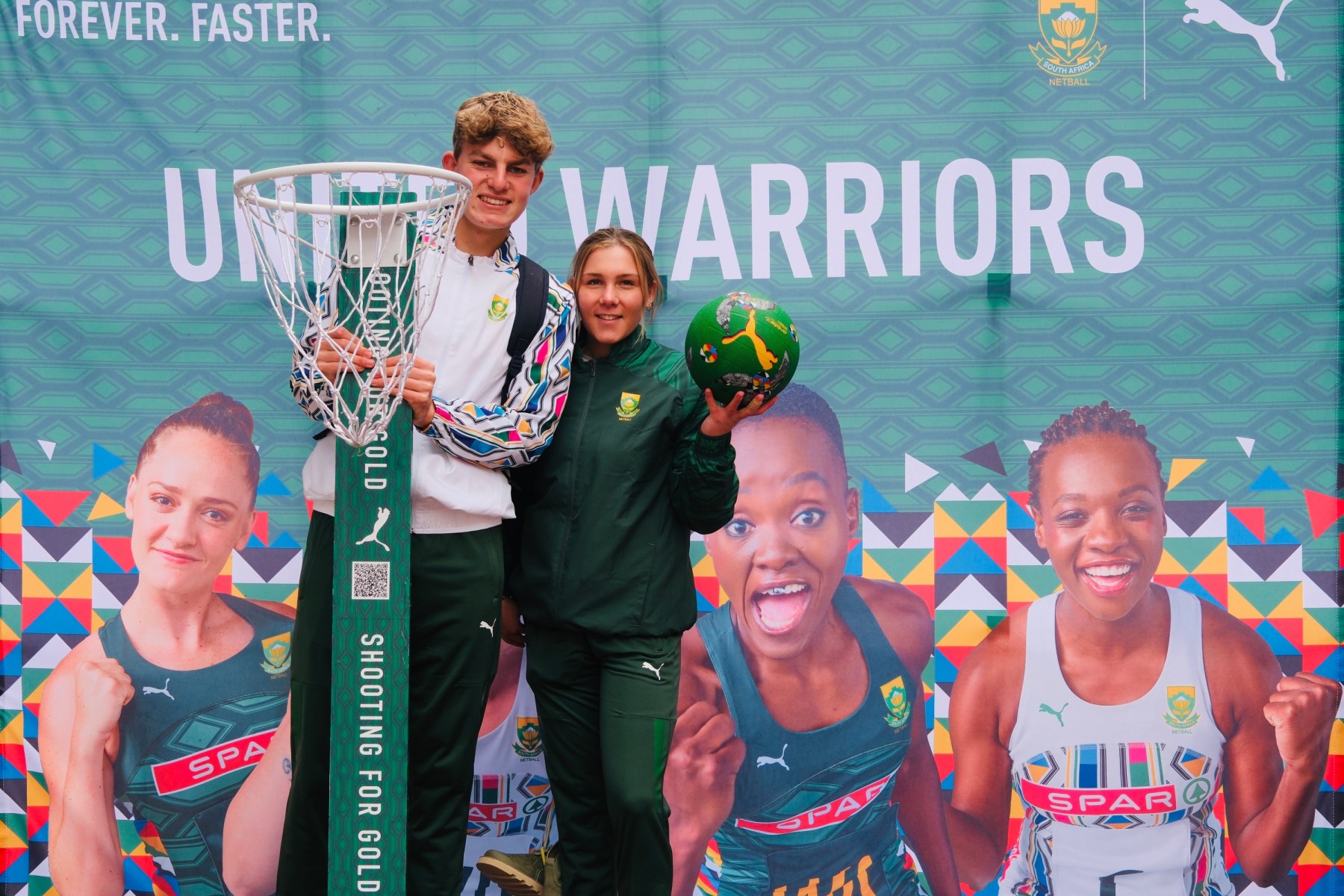
Netball is a major sport for girls and women in South Africa, and boys are increasingly playing it too. The South African national team, the Proteas, competes at the highest level, and the country recently hosted the 2023 Netball World Cup.
It’s a bit like basketball, except you can’t run or dribble with the ball.
Most schools offer netball, and it’s a safe and exciting way for girls to build fitness and coordination. Tall players have a definite advantage for defenders and forwards, as their hands are closer to the net, but the game also has a place for shorter players in midfield positions.
Other popular sporting options
While rugby, cricket, soccer, and netball dominate, South Africa has a strong sporting culture across multiple disciplines:
Hockey
This sport is played widely by boys and girls alike at both schools and clubs, and South Africa’s national sides are very competitive at the Olympics.
Golf
South Africa has dozens of world-class golf courses, excellent youth coaches and a strong culture of professional networking through golf, with many businesses hosting annual golf days.
Mountain biking

In recent years, this has become a massively popular sport among suburban families and groups of friends, particularly in Johannesburg and Cape Town. It can be physically demanding, but it’s more meditative than the rough and tumble of rugby or football and makes the most of the country’s glorious natural environments.
Swimming
SA’s warm climate and elite coaching skills have made the country a global force in elite and Olympic swimming, but swimming for pleasure and fitness is also a much-loved amateur pastime for millions. Municipal, private and gym pools abound across South Africa, many of them heated during the winter.
Athletics
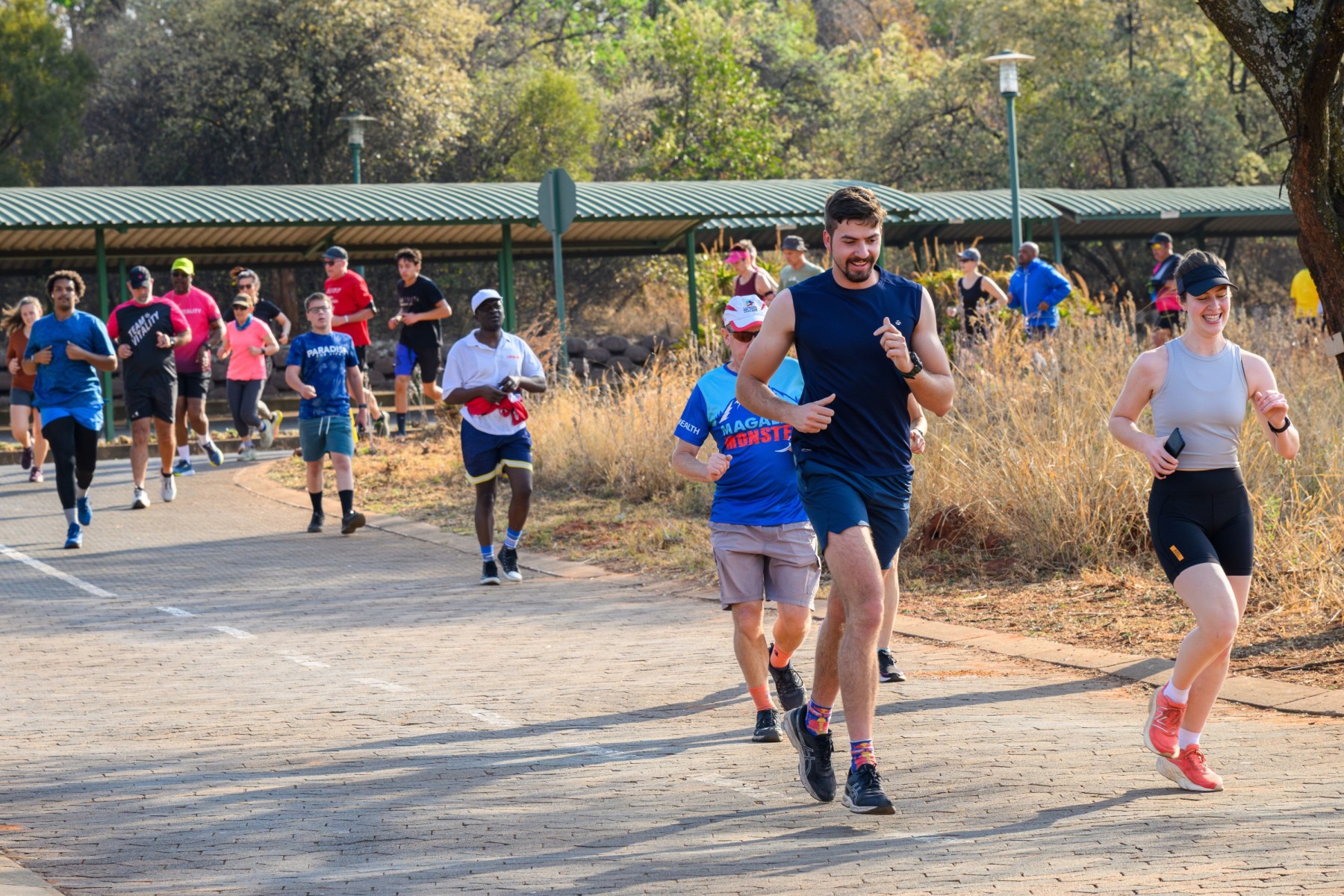 Track and field events are popular at school level. Road and trail running clubs are plentiful, while wonderfully sociable Park Run clubs, offering 5km and 10km routes, can be found in all major cities.
Track and field events are popular at school level. Road and trail running clubs are plentiful, while wonderfully sociable Park Run clubs, offering 5km and 10km routes, can be found in all major cities.
Niche sports
Many South Africans are obsessed with less popular sports—from roller derbies to fencing, from sheep shearing (in the countryside only!) to orienteering. Clubs will welcome foreign newbies, so if you have a niche passion, don’t be shy to get in touch with your local counterparts.
Top sports clubs in major cities
Here are some leading amateur clubs you can join in the three major cities. Because newcomers are unlikely to get onto a team at a leading amateur rugby and cricket club unless they are experienced and talented, we’ve listed clubs that offer touch rugby and action cricket (a fun, informal version of the sport played indoors).
|
Sport |
Johannesburg |
Cape Town |
Durban |
Costs |
|
Touch Rugby |
|
Between R1000 and R3000 per season |
||
|
Action Cricket |
|
Usually around R100 per game per player |
||
|
Football |
Memberships range between R500 and R2000 per year |
|||
|
Golf |
Between R1500 and R2000 per month for full membership |
|||
|
Running |
Between R600 per year for running-only memberships to R2600 for memberships at multi-sport clubs |
|||
|
Padel |
R300-R450 per hour of court time |
The twelfth official language of South Africa
Sport is far from the only way to connect with South Africans—many citizens prefer cultural pastimes like choir singing, birdwatching, jazz, dancing and book clubs. But if you want a way to combine the great outdoors with social stimulation and fun, then amateur or spectator sports offer the perfect mix. Sport bridges cultural and linguistic barriers, offering plenty of stuff to talk and laugh about, even if you’re not fluent in English or the ten other official languages.
A good source of links and information can be found at the SA Sporting Directory. To buy match tickets for the major sports, you can go to a range of ticketing websites, including Ticketpro, Quicket and Webtickets.
Expect a friendly welcome, whether you pop down to a stadium, start an impromptu pickup game, or get involved with an organised club. There is always space for an extra player or fan.
